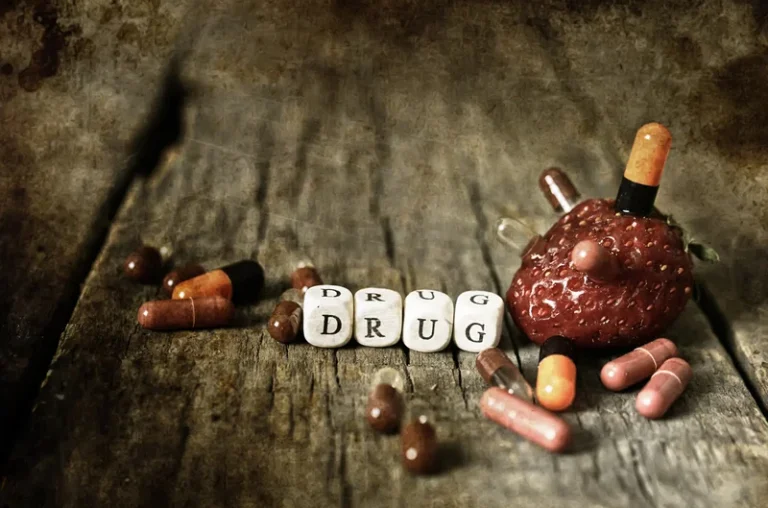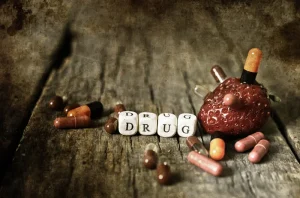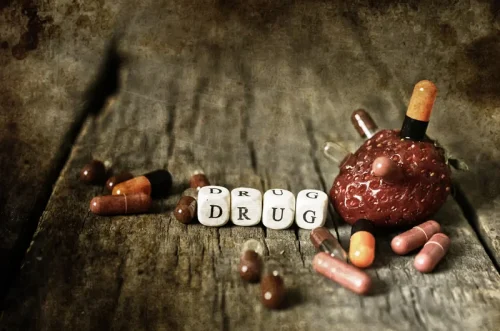
Additionally, avoiding heavy meals right before bedtime and limiting alcohol intake throughout the day will support better sleep quality. We will now proceed to discuss why it’s so difficult to sleep during alcohol withdrawal, followed by my Top 10 Remedies to resolve insomnia after quitting drinking. I’ll then review some lifestyle strategies that I still use to this day to ensure a great night’s sleep. Remember that creating a consistent bedtime routine and a sleep-friendly environment are key factors in establishing healthy sleep habits that will benefit your overall well-being. With dedication and effort, you can break free from the cycle of alcohol dependency and enjoy restful nights of deep, rejuvenating sleep. Stress and anxiety can significantly disrupt sleep patterns.
Toggle Non-REM, Stage 1:

The consumption of alcohol is widely recognized for its initial sedative effects. Research indicates that alcohol significantly reduces total sleep time, sleep efficiency, and the percentage of time spent in rapid eye movement (REM) sleep. Meanwhile, it increases the time spent in the lighter N2 stage of non-REM sleep. This disruption to the sleep cycle can lead to a feeling of insufficient rest upon waking. It may also exacerbate morning-after mood disturbances and impair cognitive function. Implement relaxation techniques such as deep breathing, progressive muscle relaxation, or guided imagery to help your body and mind unwind before bed.
Can’t sleep without alcohol? Here’s how to sleep without alcohol

Sleep plays a vital role in the journey towards sobriety and recovery from alcohol dependence. After ceasing alcohol intake, sufficient sleep becomes crucial, allowing the body to process and eliminate Alcoholics Anonymous alcohol effectively. The liver metabolizes alcohol at a rate of approximately 0.015 grams per 100 milliliters per hour, and adequate sleep supports this natural process. Participating in Dry January, a month-long abstinence from alcohol, offers several health benefits. These include improved sleep quality, increased energy, and better overall health.
- We’ve covered how to sleep without sleeping pills here.
- Research indicates that alcohol significantly reduces total sleep time, sleep efficiency, and the percentage of time spent in rapid eye movement (REM) sleep.
- This is useful for helping to adjust your sleep schedule and ensuring that you get a good night’s sleep.
- It is our mission at Encore Outpatient Services to help individuals learn skills like how to sleep without alcohol to navigate living a life in recovery and improve their lives.
- While alcohol does initially make you feel sleepy, it significantly impacts the quality of your sleep, and not in a good way.
What challenges do sleep disturbances present during addiction recovery?
- Alcohol slows brain activity because it is a central nervous system depressant, which prevents restful sleep.
- There are a number of factors that play a part in a person’s difficulty in getting decent sleep.
- Since it was started in 2013 by the charity Alcohol Change UK, the Dry January challenge has significantly grown in popularity, becoming a very popular new year’s resolution.
- Two key aspects of sleep hygiene are establishing a bedtime routine and creating a sleep-friendly environment.
Inpatient treatment is best for moderate to severe alcohol addictions or https://ecosoberhouse.com/ people who have relapsed. Inpatient treatment involves living on-site at the detox or rehab facility, an approach that keeps patients in a healing environment and allows for better monitoring and treatment. This is useful for helping to adjust your sleep schedule and ensuring that you get a good night’s sleep.
Discover recovery from prescription drugs in Kansas with vital resources and treatment options for lasting hope. Explore why hitting alcohol rock bottom before treatment can hinder recovery and learn about early intervention. Unmask the reality of eating disorders during National Eating Disorders Awareness Week. Discover life-threatening drug side effects, their risks, and how to guard against severe reactions effectively. Examples of mind-body techniques include meditation, hypnosis, guided imagery, tai chi and yoga. These practices can help to calm people’s thoughts and help them relax.

The Critical Importance of Sleep for Overall Well-Being in Recovery

Some people may experience vivid dreams or nightmares as REM sleep, which was previously suppressed by alcohol, begins to rebound. From sleeping how to sleep without alcohol better to supporting your immune system, there are some significant impacts that your body may experience by embarking on a booze-free journey. If you’re not ready to completely give up your spirits, know that reducing your alcohol intake can also have major health benefits.
Chronic use can lead to the development of sleep disorders, including insomnia and sleep apnea. Individuals who indulge in alcohol before bedtime often experience insomnia symptoms and feel excessively tired the next day. The prevalence of sleep apnea, a serious condition characterized by breathing interruptions during sleep, is also increased with alcohol consumption.